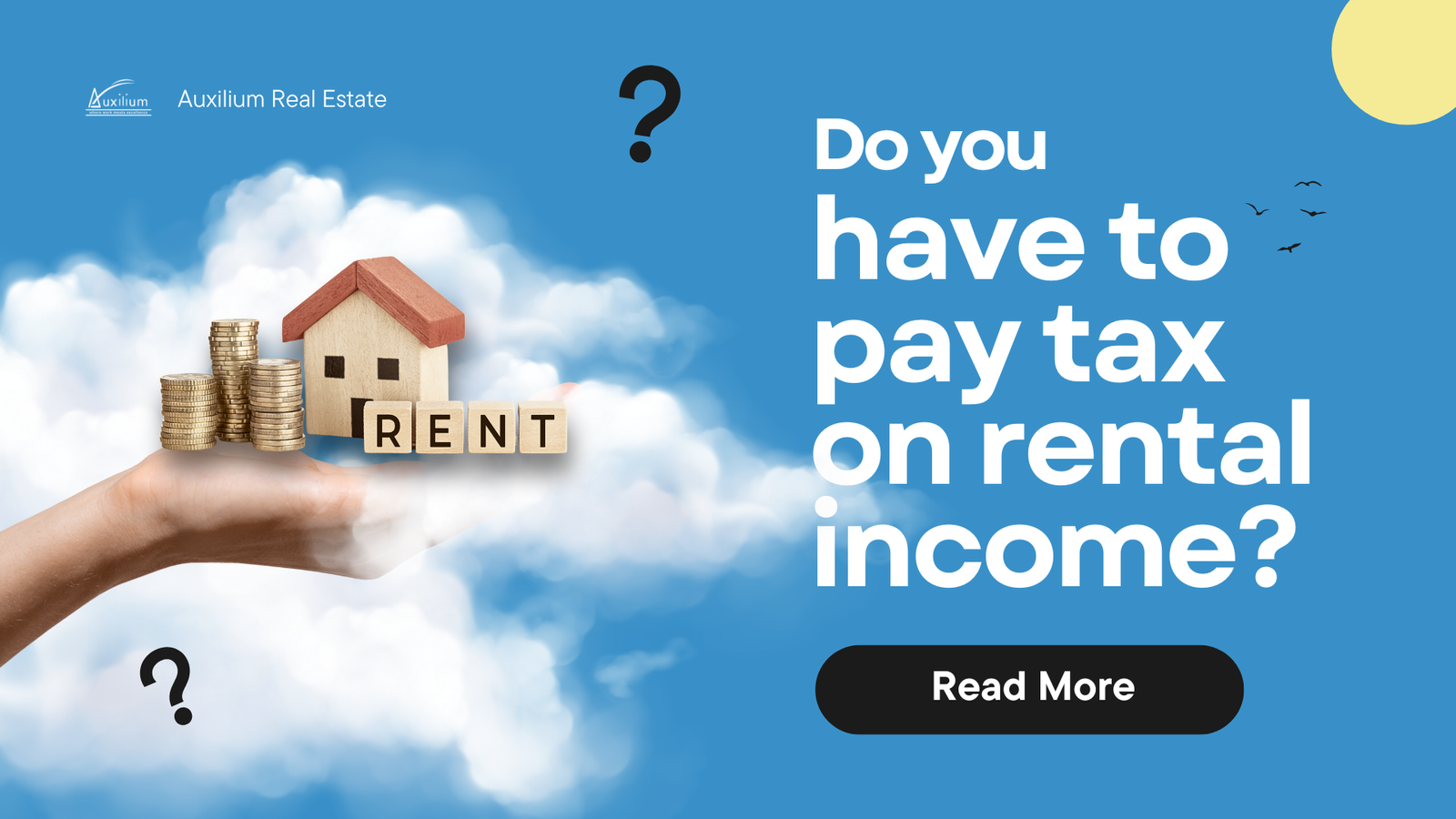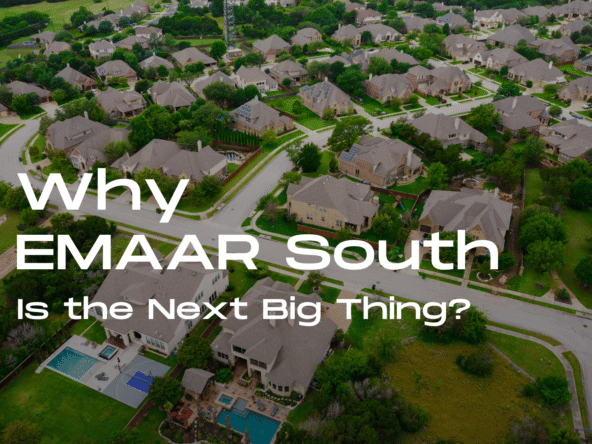Dubai boasts a thriving real estate market, driven by its attractive ROI, tax benefits, and exceptional lifestyle. These advantages naturally draw people from around the world to invest and settle in the city.
One of Dubai’s greatest advantages is its tax policy. Even when corporate tax and VAT are applied, the rates remain minimal and non-burdensome. Moreover, the revenue generated from these taxes is used to benefit the public through infrastructure, services, and community development.
So, if you own a property in Dubai or are planning to purchase one to earn rental income, it’s important to understand the rental income tax structure, even though Dubai offers significant tax advantages. You should be aware of all the benefits, as well as the complete tax process involved, to make informed decisions.
Understanding the tax rules on rental income in Dubai.
How much do you pay in taxes on rental income?
The UAE keeps things simple when it comes to taxes – no income tax and low corporate tax. Whether you’re a local or an expat, the system is designed to be business-friendly. Plus, the taxes that are collected go straight into improving life across the country.
When you purchase a property in Dubai, rental income is not subject to tax, making it an even more appealing option for investors.
Extra costs involved in buying property in the UAE.
Although there is no direct tax on purchasing property in Dubai, there are additional hidden costs that buyers must pay aside from the property’s price and down payment.
So, it’s important to be aware of all the hidden costs before buying a property in Dubai.
Understanding rental income tax: As mentioned earlier, there is no tax on rental income in Dubai, regardless of who the property owner is—whether a resident, expat, or foreigner. This rule applies equally to all and is one of the most beneficial, attractive, and appealing aspects of owning property in Dubai.
Govt. and Admin-Related Expenses: A significant portion of the cost includes government and administrative fees, with the largest share typically collected by the Dubai Land Department (DLD). In other Emirates, these fees are collected by their respective local authorities. Here’s a detailed breakdown:
- The Dubai Land Department (DLD) imposes a 4% charge on the property’s value plus administrative fees: AED 580 for apartments and offices, AED 430 for land, and AED 40 for off-plan transactions.
- In the case of a mortgage, a registration fee of 0.25% of the loan amount, plus AED 290 (applicable for a mortgage).
- Registration fees depend on the property’s value: AED 2,000 plus 5% VAT for properties priced below AED 500,000, and AED 4,000 plus 5% VAT for those priced above.
Real Estate Appraisal Fee: When purchasing property in the UAE, buyers should account for a 2% real estate agent commission, plus 5% VAT. Additionally, there is a conveyance fee, usually ranging between AED 6,000 and AED 10,000, which covers the legal and administrative aspects of the transaction.
DEWA Fees: Utility connection fees are set by each emirate’s relevant authority: in Dubai, they’re administered by the Dubai Electricity and Water Authority (DEWA). Charges vary according to property type and the specific connection required.
Property Assessment Fee: When buying a property with a mortgage in the UAE, banks require a property valuation as part of the loan approval process. This valuation involves a fee, typically ranging from AED 2,500 to AED 3,500, plus 5% VAT. The exact amount may vary depending on the bank and the type of property.
Non-Purchase Costs in UAE Property Deals: In addition to the primary costs, homebuyers in Dubai and other Emirates should also budget for the following expenses:
- Bank Mortgage Fees – Charges related to loan processing and approval
- Annual Service Charges – Ongoing maintenance fees for shared facilities and community upkeep
- Property Insurance Fees – Covers protection against damage or loss
FAQs:
Is VAT applicable to rental income in the UAE?
Rental income from residential properties in the UAE is not subject to VAT. However, if you’re renting out commercial property, a 5% VAT applies. In such cases, landlords must issue tax invoices, and VAT-registered tenants can claim that amount as input tax.
What Taxes Do Landlords Pay in the UAE?
In the UAE, landlords don’t pay property tax, but they must cover a 4% housing fee and additional costs like Dubai Land Department (DLD) registration.
Conclusion:
Dubai imposes no income or capital gains tax, making rental income tax-free for both individuals and companies. This favorable tax environment makes Dubai highly attractive to real estate investors.


